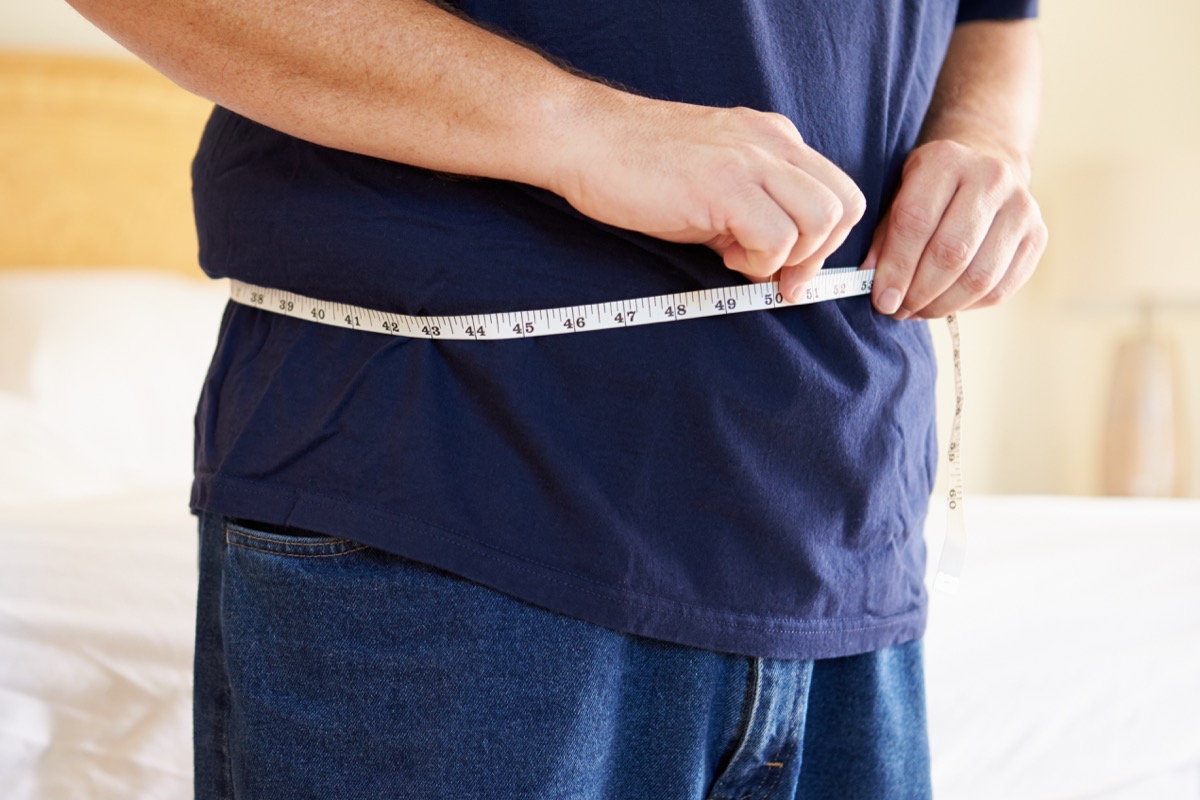According to the research published in the journal Gastroenterology, people with Barrett’s esophagus—a condition that results from acid reflux damage that causes the esophagus to thicken—may be more susceptible to developing COVID than the general population. After examining 30 patients with Barrett’s esophagus, the study’s authors posit that, due to the physiological changes brought about by the condition, cells within the esophagus begin to take on the properties of the digestive tract cells to which COVID binds. When this occurs, the cells within the esophagus become more susceptible to COVID infection. Additionally, proton pump inhibitors, which are commonly prescribed to treat Barrett’s esophagus, neutralize the stomach acid that might otherwise kill the virus within a person’s digestive tract, meaning that food contaminated with COVID particles could potentially infect individuals with Barrett’s esophagus with the virus. This also may mean that individuals with Barrett’s esophagus who come into contact with COVID-infected respiratory droplets may be more likely to develop the infection by breathing in the contaminated particles. “You can imagine that if someone already has low levels of the virus in their respiratory tract, that individual could swallow some respiratory secretions, and the virus could infect cells in the esophagus to make them sicker that way,” co-lead author Ramon U. Jin, MD, PhD, clinical fellow in the Washington University School of Medicine in St. Louis Division of Medical Oncology, said in a statement. Just because you have Barrett’s esophagus doesn’t mean a future COVID infection is a foregone conclusion, though; the study’s authors say that more research needs to be done to determine if swallowing presents a major risk to a large segment of the population. In the meantime, following public health protocols, like wearing masks, washing your hands, and social distancing can all reduce the risk of developing the virus. Of course, research does indicate that certain other conditions could make you more susceptible to developing severe COVD; read on to discover if you could be at risk. And for more on what you can do to stay safe, check out Dr. Fauci Says You Need One of These at Home to Avoid COVID. In Dec. 2020, the Centers for Disease Control and Prevention (CDC) confirmed that Down syndrome increased an individual’s risk of developing severe COVID. To help attenuate a person’s risk, the CDC recommends that individuals with Down syndrome develop a treatment plan with their medical provider, keep a 30-day supply of medication handy, and get medical care immediately if they develop symptoms. And before you brush off that headache, know that If Your Head Hurts While Doing This, You Could Have COVID. If you have diabetes, you may be more susceptible to COVID-related mortality than those without the condition. According to April 2020 research published in the Journal of Infection, individuals with diabetes were four times likelier to die from COVID than the general population. And for an easy way to reduce your risk, find out why Lacking This Vitamin Is Putting You at Severe COVID Risk, Study Says. The CDC reports that a wide variety of heart conditions, including pulmonary hypertension, coronary artery disease, cardiomyopathies, and heart failure, increase your risk of serious COVID complications. Unfortunately, even among individuals with no prior heart condition, COVID can weaken the heart, according to experts at Johns Hopkins. And for the latest COVID news delivered straight to your inbox, sign up for our daily newsletter. If you struggle with your weight, you may be more likely to develop COVID complications. In fact, storing fat in certain areas may put you at greater risk. A Sept. 2020 study published in Metabolism suggests that visceral fat, which is stored around the abdomen, is particularly associated with high COVID mortality rates. And for one risky behavior to avoid right now, see why This Common Habit Could Make Your COVID Risk Much Higher, Doctors Sayae0fcc31ae342fd3a1346ebb1f342fcb



